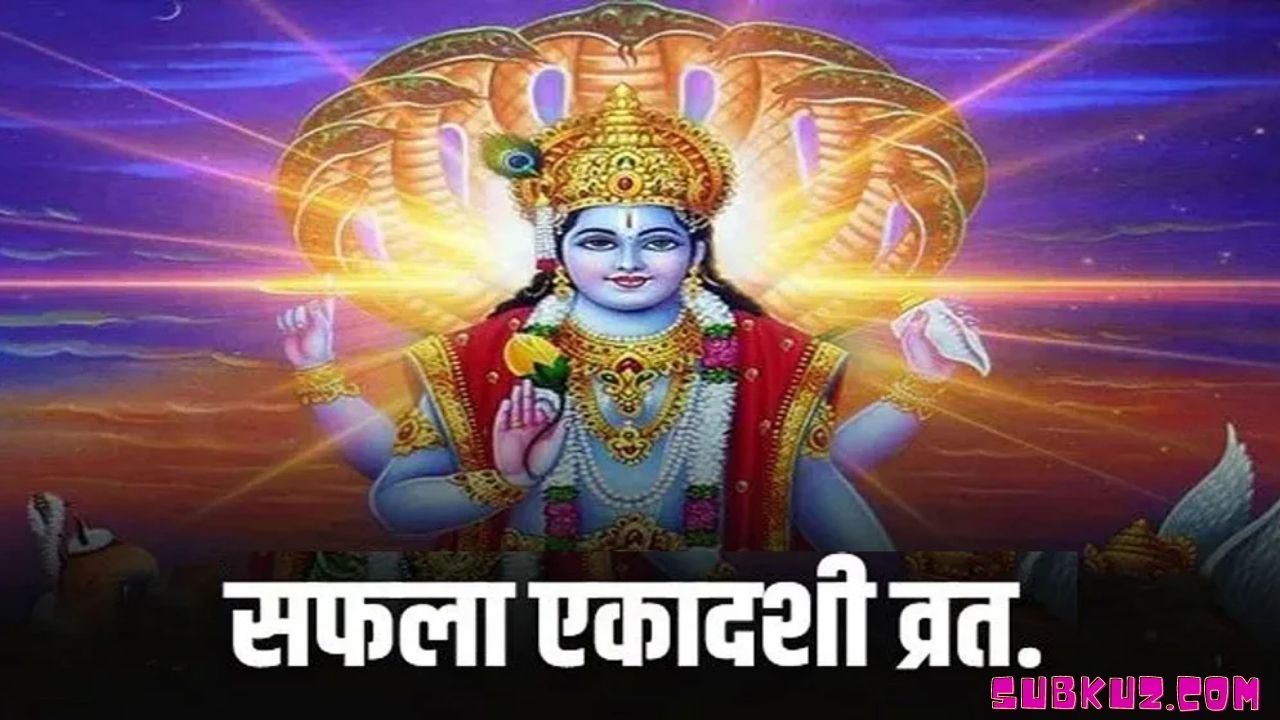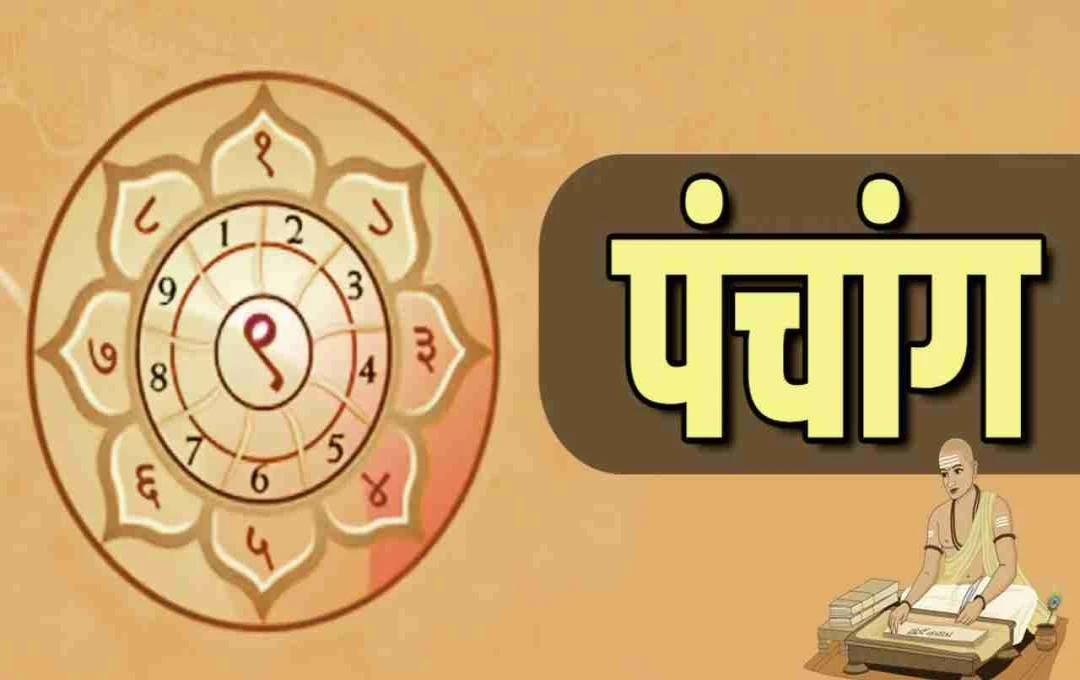What is the importance of Saphala Ekadashi fast? Know what is the result of fasting on Safla Ekadashi
Fasting on Ekadashi holds significant importance in Hinduism. An Ekadashi fast is observed on the eleventh day of each lunar fortnight. Each Ekadashi holds unique significance. Following the month of Margashirsha, the month of Pausa begins. The Ekadashi falling in the month of Pausa is known as Saphala Ekadashi.
Saphala Ekadashi is dedicated to Lord Vishnu. Sincere worship and fasting dedicated to Lord Vishnu please the deity and fulfill devotees' desires. This fast is believed to grant offspring to those who are childless, by the grace of Lord Vishnu. The Ekadashi of the Krishna Paksha (dark fortnight) of Pausa is also known as Putra-da Ekadashi and Saphala Ekadashi. It is said that observing this fast leads to the success of all endeavors and the removal of all troubles.
Significance of Saphala Ekadashi
It is believed that performing a hundred Rajasuya Yajnas (a significant Vedic sacrifice) does not yield as much merit as observing the Saphala Ekadashi fast with dedication and devotion. The word "Saphala" literally means "prosperous" or "successful." Therefore, the Saphala Ekadashi fast is considered highly beneficial for achieving prosperity and success in life. It is believed that observing this fast opens the doors to good fortune, increased wealth, prosperity, success, and growth.
Safla Ekadashi fast and worship method
Upon rising and completing ablutions, one should wear clean clothes, preferably yellow. Then, holding water in hand, one should take a vow to observe the Saphala Ekadashi fast and worship Lord Vishnu.
Now, establish Lord Vishnu's idol or picture at the place of worship. Offer yellow flowers, sandalwood, turmeric, vermilion, rice grains, fruits, bananas, Panchamrut, tulsi leaves, incense, lamps, sweets, chana dal (split chickpeas), and jaggery (gur) to the deity.
Next, worship a banana plant. Then, recite the Vishnu Sahasranama and Vishnu Chalisa. After that, listen to the Saphala Ekadashi story. Conclude the worship by performing the aarti of Lord Vishnu and pray for success in one's endeavors.
Fast by consuming only fruits throughout the day, while engaging in devotional practices throughout the day. Perform bhajans (devotional songs) to Lord Vishnu during the night. Break the fast the next morning after the worship ceremony.
Before breaking the fast, donate to the poor or a Brahmin, and if possible, provide a meal. The fast is considered complete only after breaking it, so break the fast before the end of the Dvadasi (twelfth day) of the lunar fortnight.
Safla Ekadashi fasting story
King Mahishman ruled the city of Champávatí. He had four sons, the eldest of whom, Lumpka, was a great sinner. He was addicted to illicit affairs and spent his father's wealth on prostitutes and other wicked activities. He also constantly condemned gods, Brahmins, and Vaishnavas. When the king discovered his son's misdeeds, he banished him from the kingdom.
Lumpka pondered his situation and resolved to steal. He spent the days in the forest and at night, returned to his father's city to steal and inflict misery on the people. Gradually, the entire city became fearful. He roamed the forest, killing animals and consuming them. Citizens and officials tried to arrest him, but they released him out of fear of the king.
There was a very old, large peepal tree in the forest. People revered it as a divine entity. Lumpka used to stay under this tree. The forest was considered a sacred place for the gods to play. After some time, on the tenth day of the dark fortnight of Pausa, Lumpka was naked and suffered greatly from the cold throughout the night. His limbs became stiff.
By sunrise, he fell unconscious. On the eleventh day (Ekadashi), the heat of the sun revived him. He wandered aimlessly in search of food, unable to kill animals. He gathered fallen fruit from the trees and returned to the peepal tree. But by then, the sun had set.
Placing the fruit beneath the tree, he said, "O Lord, I offer these fruits to you. Please accept them and be satisfied." He spent the night sleepless due to his anguish. Lord Vishnu was greatly pleased with his fasting and vigil, and his sins were absolved. The next morning, a magnificent horse, adorned with beautiful objects, appeared before him.
A celestial voice declared, "Prince, by the grace of Sri Narayana, your sins are gone. Now, return to your father's kingdom and claim your rightful place." Overjoyed, Lumpka donned divine garments and exclaimed, "Glory to the Lord!" and returned to his father.
His father, delighted, entrusted the entire kingdom to him. The king himself departed for the forest.
Lumpka now ruled the kingdom according to the scriptures. His wife, children, and entire family became devoted followers of Lord Narayana. As he aged, he relinquished the kingdom to his son and embarked on a life of penance in the forest, eventually attaining Vaikuntha (the abode of Vishnu).








